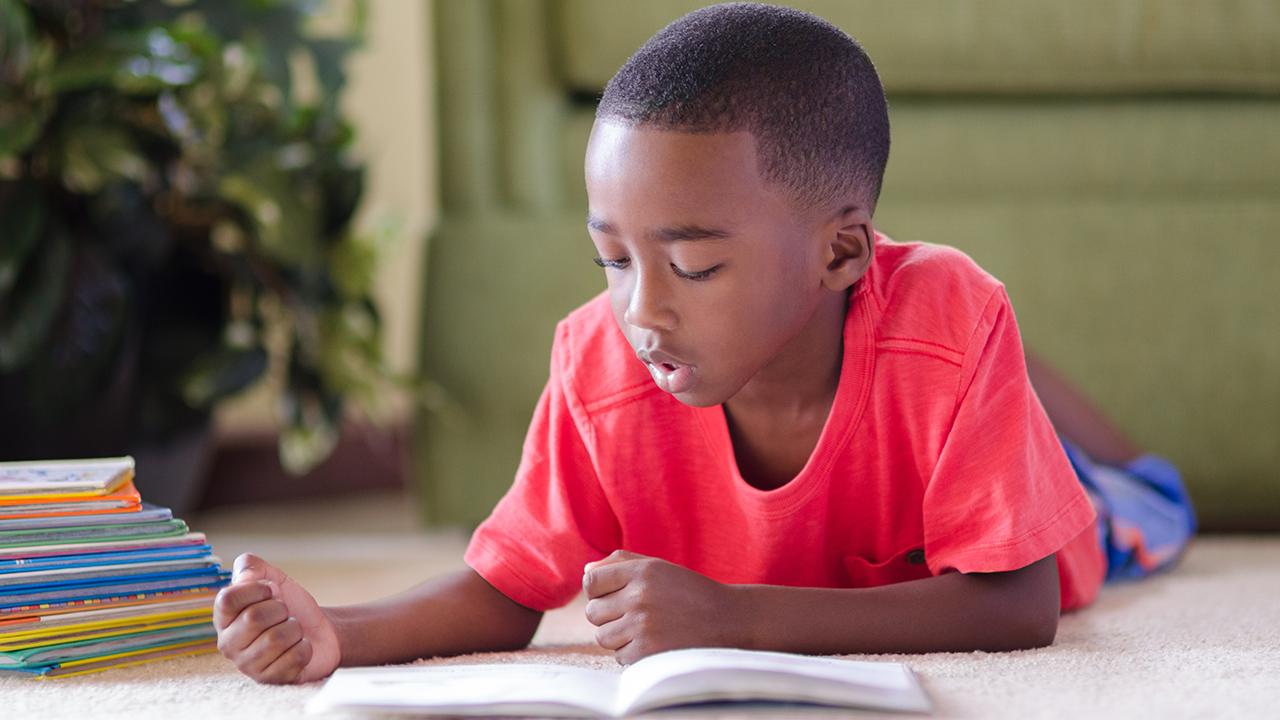Study shows reading culturally relevant books improves students’ comprehension
OU Professor Tanya Christ served as the lead author of the study

A recent study led by Oakland University Professor Tanya Christ indicates that minority students’ reading comprehension improves when reading culturally relevant books whose characters, places and events align well with their own cultural and experiential backgrounds.
“Current practices advantage Caucasian middle- and upper-socioeconomic status children, because most books used in schools reflect them and their cultures,” said Christ, a professor of reading and language arts in the School of Education and Human Services at Oakland University.
 |
| Dr. Tanya Christ |
“The other side of this is that children from non-dominant cultural backgrounds have less opportunity to use their cultural knowledge and experiences to have that advantage, if they are not adequately represented in books used as part of the curriculum,” Christ added. “Continuously giving an advantage to one group, through book selection that reflects them and their culture, results in inequalities in educational opportunities in the United States.”
For the study, 50 African-American students in grades 2 to 8 were selected to participate and provided with 12 published books selected by the research team based on their culturally relevant criteria, or lack thereof, including: characters who are like the reader, places like those the reader has experienced, a familiar time period, characters who talk like the reader, and story events like the readers’ experiences.
After reading the books, the students were assessed based on word recognition accuracy, word recognition meaning-maintenance, self-corrections, rereading at miscues, use of phonic analysis, retelling, inference, critical thinking, and making connections.
“We found several statistically significant differences in children’s reading performance related to their own and the researchers’ ratings of how culturally relevant each text was,” Christ said. “For example, students who rated places and experiences as culturally relevant for a text had higher critical evaluation and connection scores in response to that text. When researcher cultural relevance ratings were higher for a text, children’s word recognition and literal comprehension scores were higher when reading that text.”
According to the study, these findings highlight the need for teachers to not only use culturally relevant books but also to have students judge their cultural relevance.
“It is critical for students to have the opportunity to read culturally relevant books because they provide an advantage in terms of performance outcomes,” Christ said. “When students read books with more culturally relevant experiences, they were 16 percent more likely to make personal connections between the book and their own lives. When they read books with culturally relevant places, they were 4 percent more likely to correctly answer critical thinking questions.”
Christ served as the lead author of the study, which was published in the Journal of Literacy Research and Instruction. Co-authors included: Ming Ming Chiu, Stephanie Rider, Deborah Kitson, Katherine Hanser, Elizabeth McConnell, Renae Dipzinski, and Heather Mayernik.


 October 29, 2020
October 29, 2020